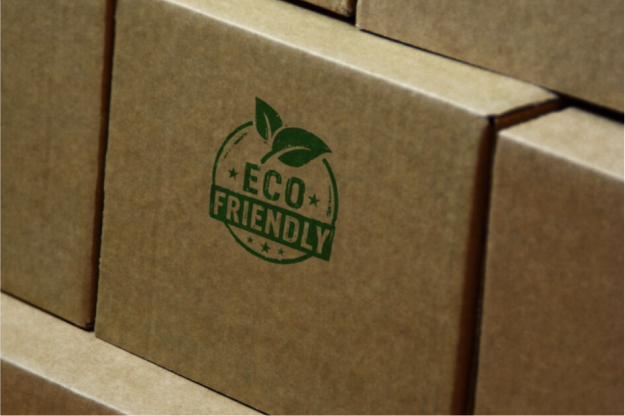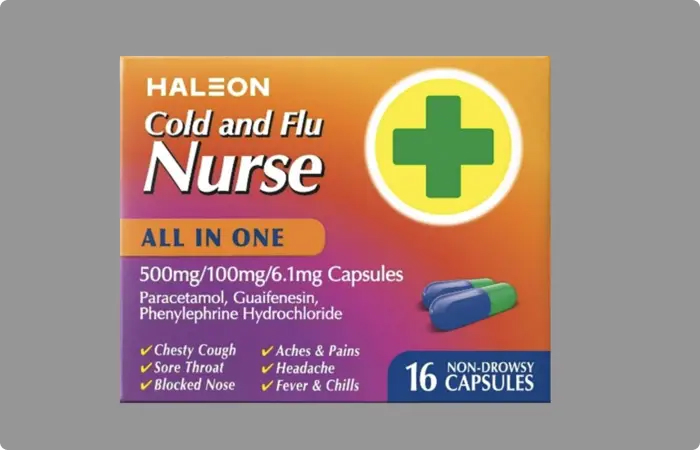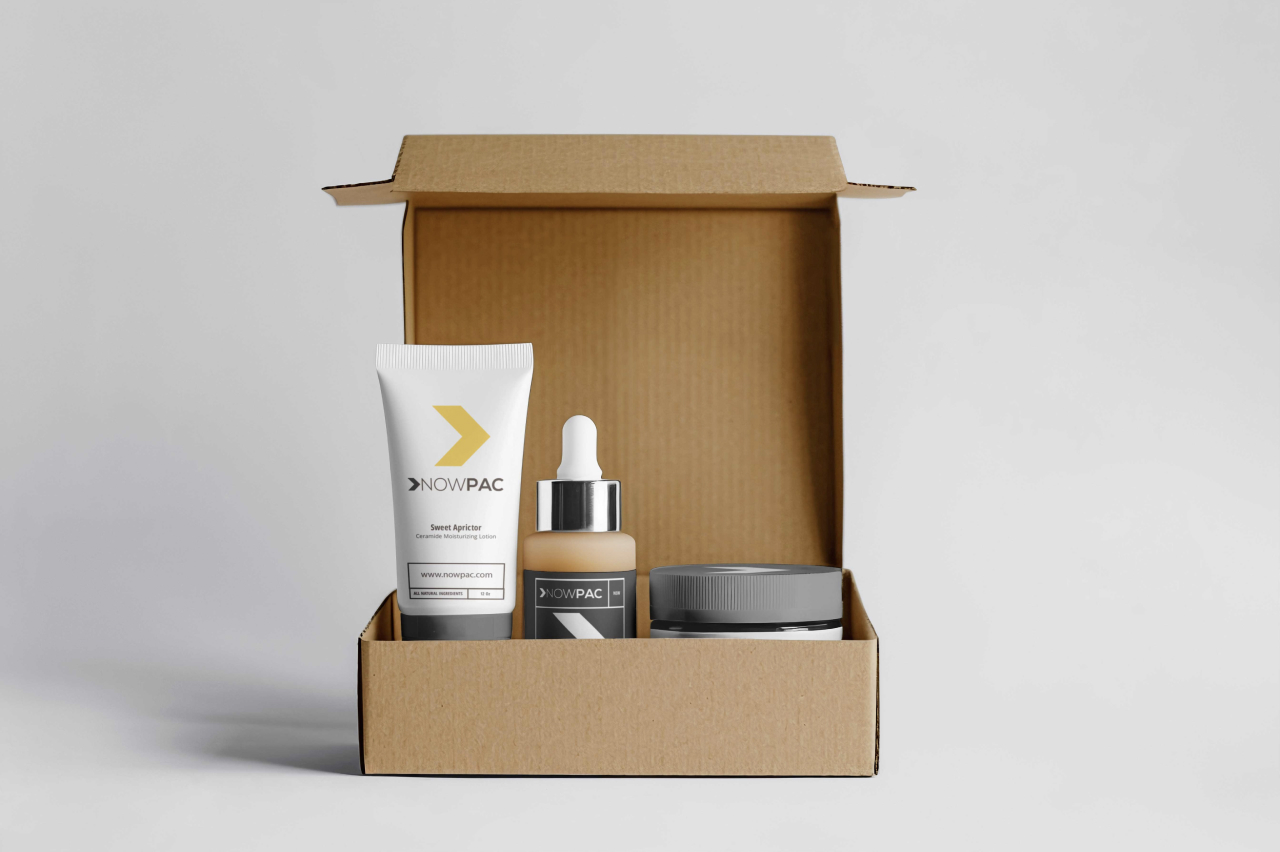Introduction
The regulatory landscape for Natural Health Products (NHPs) in Canada is constantly evolving. To thrive in this dynamic environment, companies operating in the NHP sector must stay informed and adapt to Health Canada's changing requirements. Significant changes are on the horizon in 2025, making it crucial for businesses to prepare proactively. Non-compliance can lead to costly delays, product recalls, and reputational damage. Understanding and adapting to these changes can improve efficiency, reduce risk, and foster greater consumer trust.
According to Health Canada's Natural and Non-prescription Health Products Directorate (NNHPD), NHPs are defined as "substances or combinations of substances used to restore or maintain physical well-being" [1]. Health Canada is dedicated to protecting public health and safety while fostering innovation within the NHP industry. Staying ahead of regulatory changes can prevent disruptions to your operations.
Key changes shaping NHP compliance in 2025
Industry trends in NHP regulations
The NHP industry is experiencing a shift toward stricter regulatory oversight. This trend is driven by increasing consumer demand for safe, effective, and high-quality natural health products. Health Canada is responding by enhancing its regulatory framework to ensure that NHPs meet these expectations. Several factors contribute to this trend:
- Increased scrutiny: Health Canada is increasing its scrutiny of NHP ingredients, manufacturing processes, and labeling practices
- Enhanced enforcement: The agency is strengthening its enforcement mechanisms to ensure compliance with regulations
- Global harmonization: Health Canada is aligning its regulations with international standards to promote harmonization and facilitate trade
- Transparency and traceability: There is a growing emphasis on transparency and traceability throughout the NHP supply chain
- Evolving scientific evidence: New scientific evidence is constantly emerging, leading to updates in regulatory requirements
Changing definitions and requirements for NHPs
Health Canada's definitions and requirements for NHPs are subject to change over time. This includes revisiting product categorizations and ensuring compliance with updated standards. In 2022, Health Canada published a revised version of its "Natural Health Product Regulations" (NHPR), which included changes to the classification system for NHPs [2]. These updates aim to provide clarity on what constitutes an NHP and ensure that products are safe for consumption. Keeping abreast of these evolving definitions is essential for correct product classification and regulatory compliance.
Strengthening regulations on ingredient use
Health Canada is committed to refining regulations on ingredient use in NHPs, aiming to strengthen safety measures while promoting the development of innovative health products. This shift highlights the importance for businesses to reassess their formulations and manufacturing processes to meet new standards. One key area of focus is the regulation of ingredients that have been linked to potential health risks. For example, Health Canada has established strict guidelines for the use of certain botanicals and other substances in NHPs [3]. Staying informed about these ingredient-specific regulations is crucial for avoiding compliance issues.
Shifts in compliance and inspection procedures
Health Canada is enhancing its inspection methods and procedures to better assess compliance among manufacturers and distributors of NHPs. Companies should anticipate more rigorous evaluations, including unannounced inspections, emphasizing the need for constant readiness and adherence to established protocols. Health Canada has implemented a risk-based approach to inspections, focusing on high-risk products and facilities [4]. This shift towards proactive enforcement aims to reduce non-compliance and promote a culture of regulatory awareness within the industry. Preparing for these enhanced inspections is vital for maintaining regulatory compliance.
How these compliance changes affect your business
Increases customer loyalty and conversion
Staying compliant with Health Canada's evolving NHP regulations can significantly enhance customer loyalty and conversion rates. Consumers are increasingly aware of regulatory standards and are more likely to trust brands that demonstrate a commitment to compliance. By adhering to Health Canada's requirements, businesses can build trust with consumers and differentiate themselves from competitors. A recent study found that 70% of consumers are more likely to purchase products from brands that comply with regulatory standards.
Increases revenue
Compliance with NHP regulations can also lead to increased revenue. By avoiding costly recalls and regulatory penalties, businesses can protect their bottom line and maintain a positive reputation. Moreover, compliance can open up new market opportunities and facilitate trade with other countries. Companies that invest in compliance measures are more likely to experience long-term growth and profitability. A report by the Canadian Consumer Healthcare Products Association (CCHPA) estimates that regulatory compliance can increase revenue by up to 15%.
How your team can achieve NHP compliance in 2025
Prioritization and strategic submissions for new products
Given Health Canada's revised submission prioritization process, companies are advised to strategically plan their submissions of new products or formulations. Understanding how these changes can maximize approval efficiency is key to business success. Businesses should carefully review the NHPR and prioritize submissions based on product type, ingredient composition, and other factors [5]. This proactive approach ensures that new products meet regulatory requirements and minimizes the risk of delays or rejection.
Leveraging expert consultation services
In light of increased complexity in the regulatory environment, businesses can benefit significantly from collaborating with experts who specialize in navigating Health Canada's regulations for NHPs. Such partnerships facilitate smoother compliance transitions and strategic planning. Industry experts can provide guidance on topics such as labeling and packaging, good manufacturing practices (GMP), and submission requirements [6]. By seeking expert advice, businesses can stay up-to-date on regulatory changes and ensure that their products meet the highest standards of quality and safety.
Best practices for compliance management
To effectively manage compliance with Health Canada's NHP regulations, businesses should adopt the following best practices:
- Proactive monitoring of regulatory updates: Staying ahead requires proactive engagement with regulatory changes, monitoring updates closely to anticipate and prepare for shifts in how businesses operate within the industry. Regular review of Health Canada's website and newsletters is essential for staying informed about changes to regulations, guidelines, and policies [7]. Businesses can also participate in industry events and conferences to stay up-to-date on the latest developments
- Cultivating a culture of transparency and disclosure: Fostering an environment where open communication and full disclosure are prioritized can help eliminate potential compliance pitfalls. This culture ensures readiness for audits and inspections while upholding ethical standards across the organization. Companies should establish clear policies and procedures for reporting adverse events, product complaints, and other regulatory matters [8]. By promoting transparency and accountability, businesses can minimize the risk of non-compliance and build trust with consumers and regulators
- Implementing robust quality control systems: Establishing and maintaining robust quality control systems is essential for ensuring that NHPs meet regulatory requirements. This includes implementing good manufacturing practices (GMP), conducting regular audits, and training employees on compliance procedures
- Developing comprehensive documentation: Maintaining accurate and comprehensive documentation is crucial for demonstrating compliance with NHP regulations. This includes documenting all aspects of the manufacturing process, from raw material sourcing to finished product testing
- Engaging with regulatory agencies: Building a strong relationship with Health Canada can facilitate communication and ensure that businesses are aware of the latest regulatory requirements. This includes participating in consultations, attending industry meetings, and seeking guidance from regulatory experts
- Staying updated on scientific advancements: Stay informed of the latest scientific research and evidence related to NHP ingredients and formulations. This knowledge will help you make informed decisions about product development and regulatory compliance
Conclusion
As Health Canada continues to adapt its regulations surrounding NHPs, it is vital that businesses engaged in this space remain informed about these changes and strategically prepare for ongoing compliance challenges. Through proactive measures and a commitment to understanding evolving regulatory requirements, companies can navigate this competitive landscape effectively while prioritizing consumer health and safety. Staying compliant with Health Canada's regulations for NHPs requires ongoing effort and attention. By following the strategies outlined in this article and maintaining a culture of transparency and disclosure, businesses can ensure that their products meet the highest standards of quality and safety while minimizing the risk of regulatory issues.
In conclusion, navigating the evolving regulatory landscape for NHPs in Canada requires diligence, expertise, and a proactive approach. By staying informed, seeking expert guidance, and implementing best practices for compliance management, businesses can ensure that they meet Health Canada's requirements and maintain a competitive edge in the market.
Are you ready to ensure your business is compliant with Health Canada's evolving NHP regulations?
At NowPac, with 30 years of experience, we deliver expert contract packaging solutions for CPG and Consumer Healthcare companies, ensuring compliance with Health Canada and FDA regulations. We understand the complexities of NHP regulations and can help you navigate the changing landscape with confidence. Contact us today to learn more about how we can help you stay compliant and protect your business.
References
[1] Natural and Non-Prescription Health Products Directorate. (n.d.). About Natural Health Products
[2] Government of Canada. (2022). Regulations Amending the Natural Health Product Regulations
[3] Health Canada. (n.d.). Ingredient Compliance
[4] Health Canada. (n.d.). Inspection Approach for the Regulation of Natural Health Products
[5] Natural and Non-Prescription Health Products Directorate. (2022). Pre-submission information package for submitting new product licence applications to the NHPD
[6] Innovative Natural Solutions Inc. (n.d.). Consultation Services for NHP Regulations
[7] Health Canada. (n.d.). Subscription Centre - Stay up-to-date on regulatory changes and updates
[8] Natural Products Association of Canada (NPAC). (n.d.). Adverse Event Reporting Guide for NHP Industry Members

.png)

%20(1).avif)








.avif)








